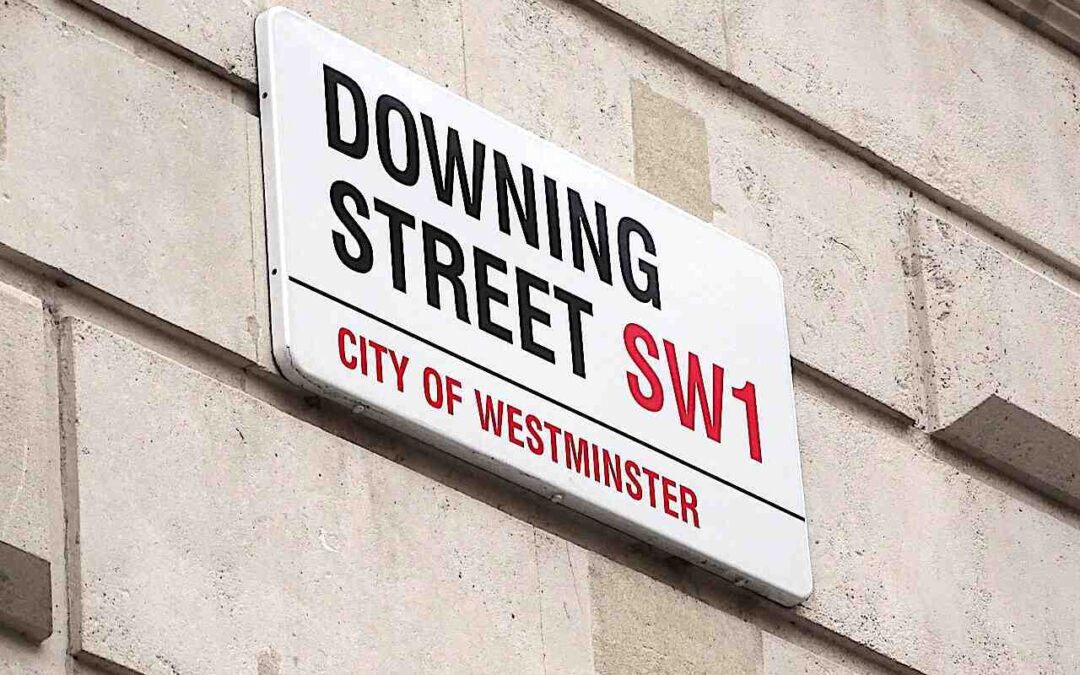According to the World Health Organisation (WHO), mental ill health is increasing worldwide, with mental health conditions and substance misuse disorders increasing 13% in the last decade. This statement might well not surprise or alarm you.
The majority of us will have experienced periods of anxiety or low-mood at some point in time, and many will have friends or family members who are living with diagnosed mental health conditions. What is of concern, however, is how we manage the increased prevalence of mental health conditions and provide appropriate support to improve health and wellbeing.
And nowhere is this more important than in our workplaces.
Mental ill-health is now the main cause of sickness absence from work in the UK and we all know how significantly high levels of absence can impact a workplace, including both its people and its productivity. According to research conducted by GoodShape, more than 85 million working days were lost to employee ill health in the last quarter of 2022, at a cost of £12.3 billion, and almost a fifth of that absence related to mental-health issues.
Further, the Office for National Statistics (ONS) recently reported a significant rise in the number of working-age adults who are “economically inactive” (ie: out of the labour market) because of long-term sickness (from around 2 million in spring 2019 to 2.5 million in summer 2022), with the number reporting mental illness and nervous disorders as the cause of their long term sickness rising 22% between 2019 and 2022. This loss of potential workforce talent to economic inactivity has had a significant impact on staffing levels and caused severe difficulties where recruitment is concerned across a number of industries.
Finally, we’re witnessing an ever increasing number of claims which reference mental health and stress coming across our desks, as employees decide they’re not going to put up with a lack of workplace support where their mental health is concerned and instead choose to lodge claims in connection with personal injury, breaches of health and safety legislation and even discrimination, under the Equality Act 2010. And given the damages successful claimants can expect to receive in relation to claims of this nature (for example, compensation in discrimination claims is uncapped), this is a serious risk for employers and one that is rising up the agenda for many.
But where to start?
In our view, the best place to start is the beginning – giving your people a solid understanding of what mental health is, how mental health conditions can manifest and what staff can do to look after themselves and their colleagues. And a great way to do this is by rolling out a programme of Mental Health First Aid training within your workplace.
Staff can be trained as First Aiders (by attending a two-day course) or Champions (by attending a one-day course). In both cases, they’ll get a good understanding of the most commonly diagnosed mental health conditions and learn the basics of how to support those experiencing mental health difficulties, including people at crisis point. The training is interactive and engaging and gives those who attend it the comfort of knowing they understand the basics and the confidence to provide front-line support if they witness a colleague struggling.
It’s important to recognise, however, the limits of a Mental Health First Aider’s role. We’ve encountered numerous employers who misunderstand the nature of the training, believing, wrongly, it’s somehow seeking to train employees as counsellors. This, in turn, puts them off sending their staff on the training and stalls their wellbeing strategy before it’s even got started.
In essence, a Mental Health First Aider is the equivalent of a physical first aider. They are there to assist in a moment of crisis until the person is able to receive professional treatment. They’re not qualified counsellors and won’t be attempting to support their colleagues in that way once trained. They provide front line support and can offer helpful signposting which can encourage and enable colleagues to access professional help, including speaking with a qualified counsellor.
When we keep this in mind and recognise the remit of Mental Health First Aid training, it can do wonders for the wellbeing of your workforce. If staff know there are trained people within the workforce they can go to in moments of distress, they will feel comforted and less alone. Further, trained First Aiders might be able to spot the signs of staff struggling with mental ill-health and reach out to them in a timely and trained way, avoiding escalation. In addition, the simple act of training a portion of your workforce as Mental Health First Aiders demonstrates to your staff that you take their mental health and wellbeing seriously and want to take tangible steps to support it. Trained staff are not straying into the territory of qualified counsellors. They’re there to triage in moments of crisis and to support and signpost their colleagues and, given the worsening picture of mental health in the UK that’s emerging, that could be invaluable.
If you would like further information, visit our dedicated mental health first aid training page or speak to our team today.







